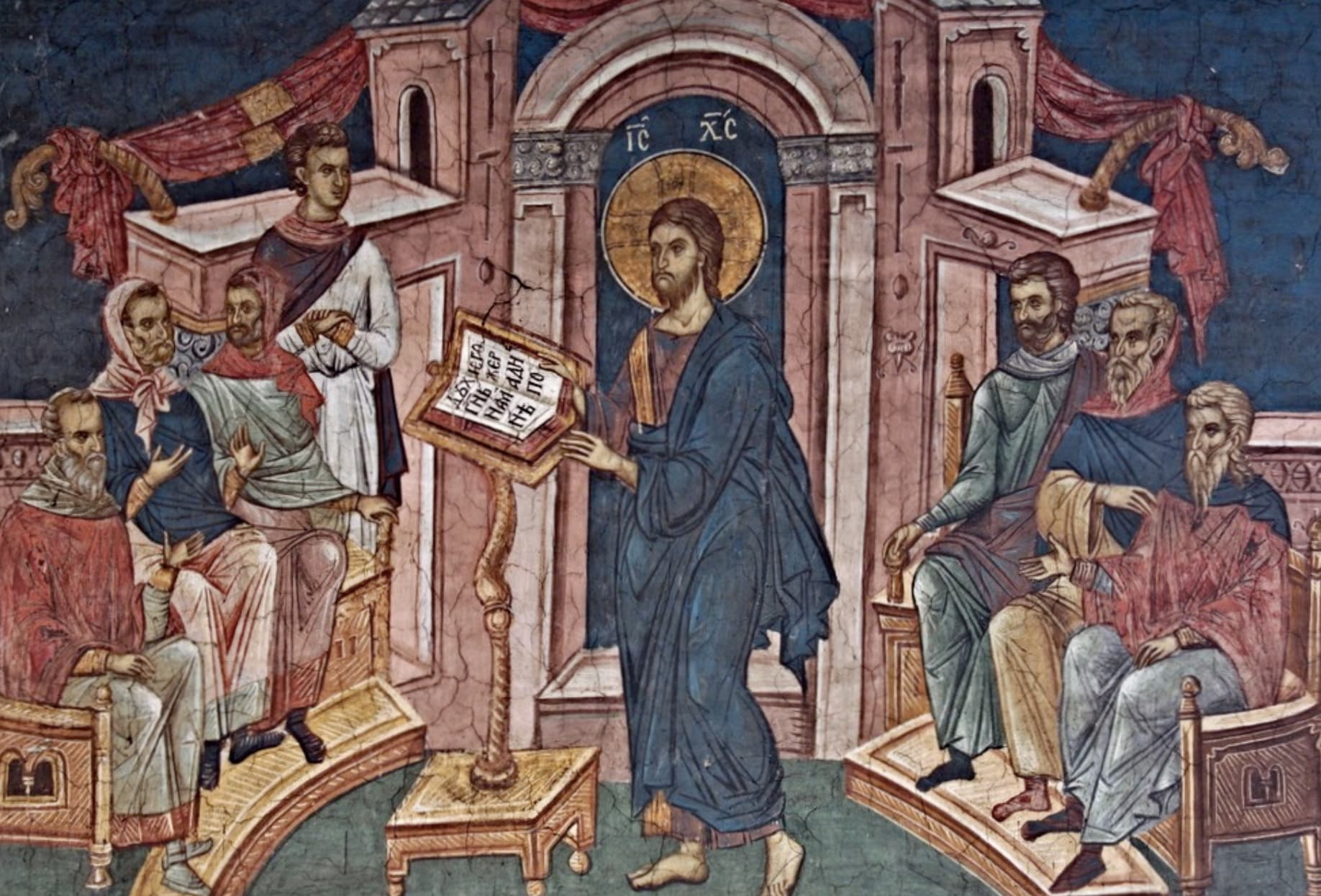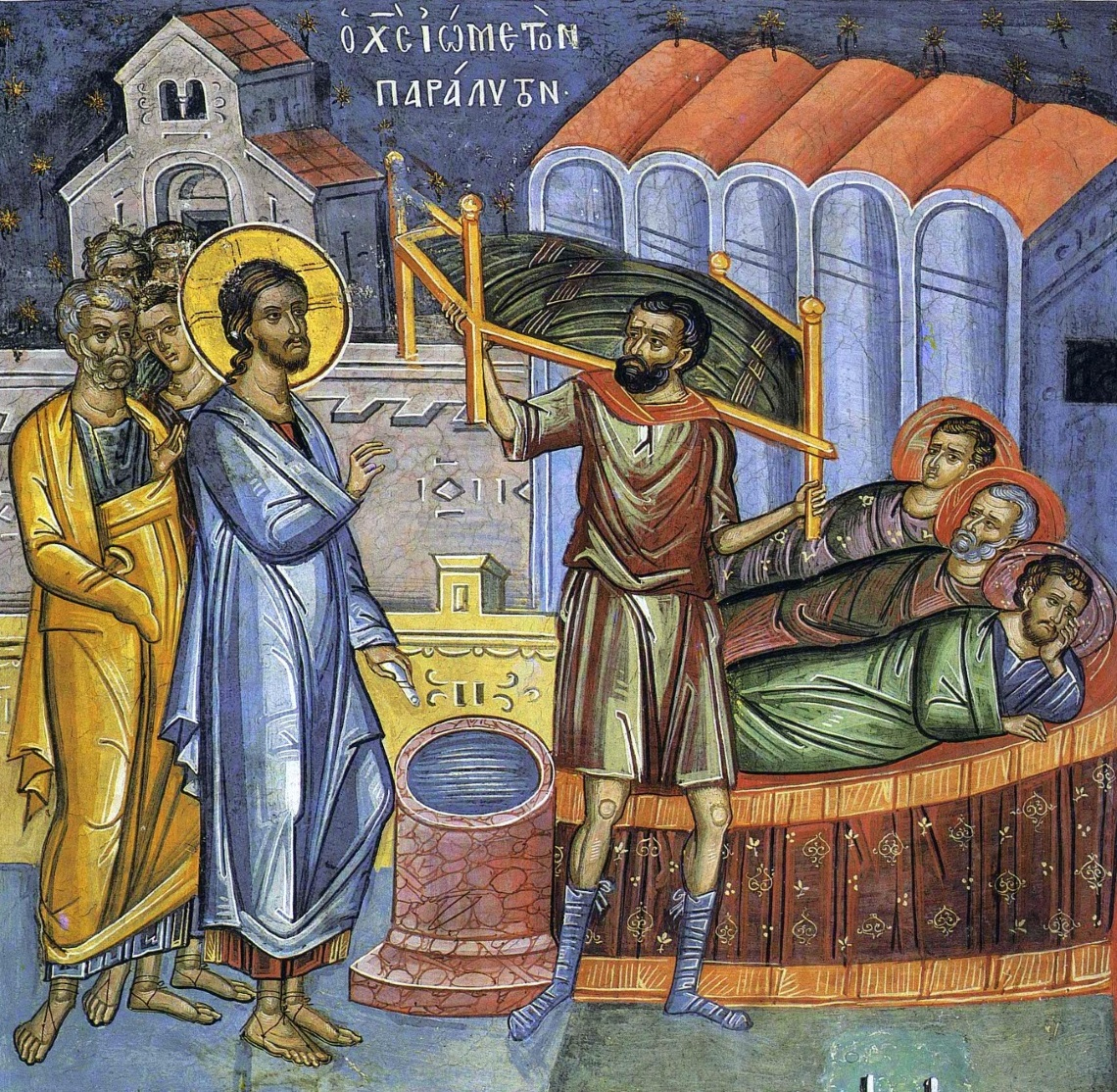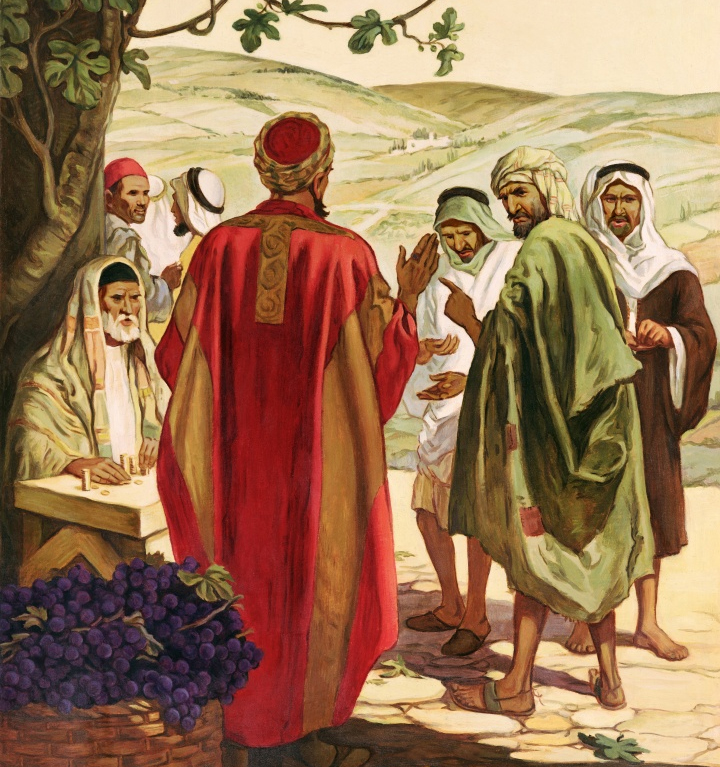Christian Art | George Herbert | The Temple | The Church | Love (1)
George Herbert | The Temple | The Church | Love (1)
Immortall Love, authour of this great frame,
Sprung from that beautie which can never fade;
How hath man parcel’d out thy glorious name,
And thrown it on that dust which thou hast made,
While mortall love doth all the title gain!
Which siding with invention, they together
Bear all the sway, possessing heart and brain,
(Thy workmanship) and give thee share in neither.
Wit fancies beautie, beautie raiseth wit:
The world is theirs; they two play out the game,
Thou standing by: and though thy glorious name,
Wrought our deliverance from th’ infernall pit,
Who sings thy praise? onely a skarf or glove
Doth warm our hands, and make them write of love.
![]()

George Herbert | The Temple | The Church | Love (1)
In this poem, Herbert reflects on humanity’s misplaced admiration and affection, which is directed at transient, earthly beauty rather than at God, the ‘Immortal Love’ and creator of all things. The poem begins by acknowledging God as the creator of the world’s beauty—a beauty that ‘can never fade’—and contrasts this with humanity’s inclination to direct love toward earthly, perishable objects. Humanity’s focus on ‘mortal love’ instead of divine love results in a separation from God, as people are captivated by temporary creations rather than the Creator.
The poem then considers how ‘mortal love’ gains control over both ‘heart and brain’, suggesting that human emotions and intellect are often devoted to pursuits that do not honour God. This is further emphasized in the line, ‘Wit fancies beauty, beauty raiseth wit,’ where the poet observes how intelligence and aesthetic appreciation work together to capture people’s attention, creating a self-contained realm in which humanity is ‘possessing heart and brain’, while God stands by, unacknowledged. Thus, human wit (or intellect) and beauty seem to rule over the world and play ‘out the game’ of life with no space for divine reverence.
Herbert implies a deep irony in humanity’s priorities: although God’s ‘glorious name’ was instrumental in ‘our deliverance from th’ infernal pit’, there is little genuine praise or gratitude directed to God. Instead, human creativity and affection are often spent on superficial or material matters, symbolized by ‘only a scarf or glove’. These small, decorative items, indicative of worldly love or affection, are what warm people’s hearts and inspire their writings and creations. This implies that, rather than creating or celebrating divine love, humans are inspired to produce art and expressions that focus on their personal, material attachments.
In this way, the poem suggests a critique of the human tendency to prioritize the tangible and immediate pleasures over spiritual devotion or reverence. The poem presents the pursuit of ‘mortal love’ as a diversion that leads people to neglect larger, more meaningful relationship with God. A human preoccupation with such transient beauty and wit is depicted as a kind of self-centred idolatry, maintaining people’s focus on the world rather than encouraging recognition of divine artistry. Through this reflection, the speaker calls into question the value of human priorities and seems to lament a disconnection between humanity and its Creator, as God’s love and sacrifice go largely unacknowledged.
The poem addresses the nature of true, lasting love versus fleeting, mortal love. The poem suggests that humanity’s fascination with material or sensory pleasures ultimately leads to a diminishing appreciation of the divine source of all beauty. By concluding with focus on such trivial symbols of earthly affection, Herbert implies that humans might be missing deeper, eternal love that offers true redemption and purpose beyond mere earthly attachments.








